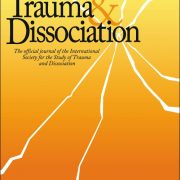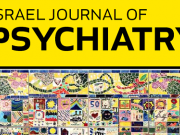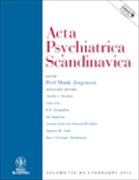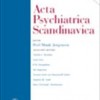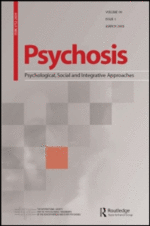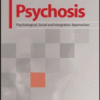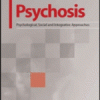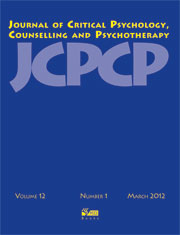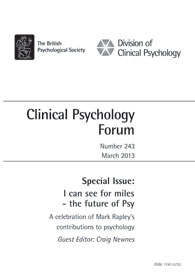Drop the Disorder – And then what?!
An interactive workshop with Dr Jacqui Dillon & Jo Watson
About this event
This online workshop is aimed at people who reject the culture of psychiatric diagnosis and who want to further explore non-pathologising ways of supporting people who are experiencing emotional distress particularly when the distress has been or is at risk of being explained by society, services and many professionals as evidence of ‘mental illness.’
Jo will outline the challenge to psychiatric diagnosis and Jacqui will talk about how we can best support people without colluding with mainstream diagnostic frameworks.
There will be space for questions, discussion and the sharing of ideas making for a uniquely powerful and hopeful learning experience.
This is a limited numbers online workshop with the aim of creating a space for interaction and discussion for participants. Free and reduced places are limited and available on a first come first served basis.
About Jacqui
Jacqui Dillon is an activist, author, and speaker, and has lectured and published worldwide on trauma, abuse, hearing voices, psychosis, dissociation, and healing. She is a key figure in the international Hearing Voices Movement, has co-edited three books, published numerous articles and papers and is on the editorial board of the journal Psychosis: Psychological, Social and Integrative Approaches. Jacqui is Honorary Lecturer in Clinical Psychology at the University of East London, Visiting Research Fellow at The Centre for Community Mental Health, Birmingham City University and a member of the Advisory Board, The Collaborating Centre for Values-Based Practice in Health and Social Care, St Catherine’s College, Oxford University. Jacqui’s survival of childhood abuse and subsequent experiences of using psychiatric services inform her work, and she is an outspoken advocate and campaigner for trauma informed approaches to madness and distress. Jacqui is part of a collective voice demanding a radical shift in the way we understand and respond to experiences currently defined as psychiatric illnesses. In 2017, Jacqui was awarded an Honorary Doctorate of Psychology by the University of East London.
Comments from participants on Jacqui’s training….
Just want to say thank you, your perspective is so extremely refreshing and mind-opening. I’ve bought the literature and can’t wait to read more. I feel enlivened by changes in my thought process and possibilities of working with a different mind-set. This is such a simple and obvious concept and so needed, it just shows how we (society) has been conditioned to think in limiting ways about mental wellbeing. Thank you.
Loved this session and the new perspective. Much needed counterpoint to the biomedical model.
Thank you, Jacqui, totally mind blowing! Really made me think and lots of practical skills I can use in my work.
So grateful for you giving us this time and opportunity Jacqui…. your passion and knowledge is so inspiring. I have been able to take so much away with me. I’d love the opportunity to hear more of your thinking.
About Jo
Jo Watson is a psychotherapist, trainer, supervisor, speaker and activist. Her activism is motivated by a belief that emotional distress is caused by what is experienced and largely rooted in social factors. Jo founded the Facebook group ‘Drop The Disorder!’ in September 2016. She is part of the madintheuk.com team and editor of Drop the Disorder! Challenging the culture of psychiatric diagnosis (PCCS Books, 2019) and We are the Change-Makers Poems supporting Drop the Disorder! Jo is the organiser of the AD4E events adisorder4everyone.com and can be found on Twitter @dropthedisorder
Comments from participants on Jo’s Drop the Disorder Training
This was just what our team needed to give us the confidence to challenge the damaging ways of responding to people that have sadly become so normal. We feel fired up and ready to make a difference.
I love your zero tolerance approach to pathologisng people and how strongly it’s backed up. Thank you for sharing such useful knowledge in this training Jo!
Thank you for this afternoon and for the passion you brought to it. It’s made me feel more hopeful that change is possible.
Tags
Online Events Online Classes Online Health Classes #counselling #psychiatry #psychology #mental_health
Share with friends
Share on FacebookShare on Facebook MessengerShare on LinkedinShare on TwitterShare by Email
Date and time
Thu, 5 February 2022
AND (please note that due to high demand, this workshop is being repeated)
Fri, 4 February 2022
11:00 – 14:00 GMT
Location
Online event
Refund policy
Contact the organiser to request a refund.
Eventbrite’s fee is nonrefundable.
Organiser of Drop the Disorder! – and then what?! An interactive workshop.

